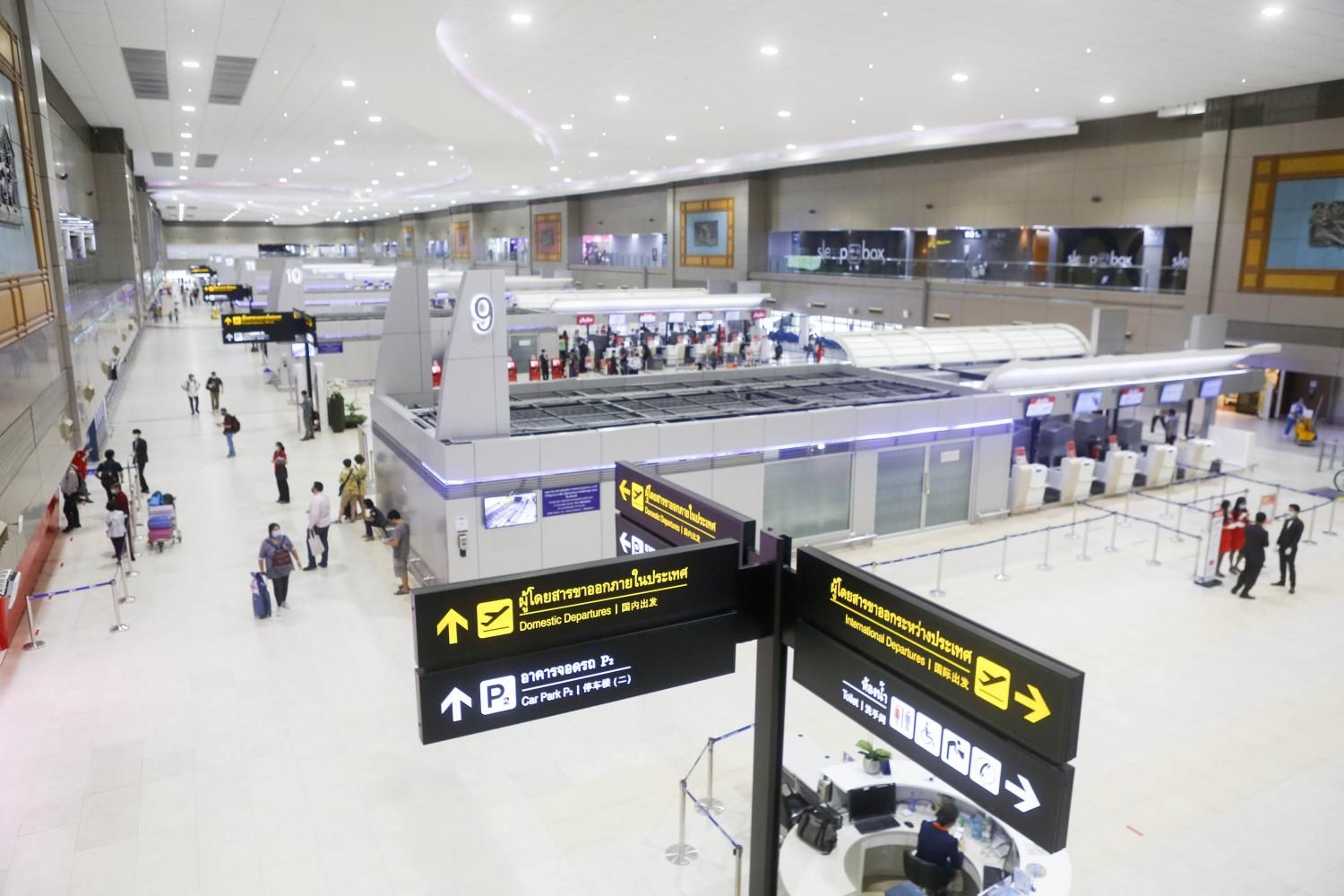
Thai AirAsia and Dusit International are voicing concerns over the stricken economy, which has led locals to think twice before taking domestic trips.
Tassapon Bijleveld, executive chairman of Asia Aviation (AAV), the biggest shareholder of Thai AirAsia (TAA), said domestic consumption is the key driver for the tourism industry now.
But as long as people are wary of travel spending and businesses in the core sector are suffering insufficient cash flow, it's hard to push the local market to the same level as before.
Mr Tassapon said quick adjustments must be made and TAA is talking with rival airlines about how to survive this ongoing crisis.
He acknowledged that support from the government is crucial for maintaining the business. But he said operators across the industry should cooperate rather than compete with each other during the tough time.
"To avoid being hurt by a similar impact, few airlines start to talk about cooperation in the back office and how to avoid fierce competition," Mr Tassapon said.
TAA plans to seek another discussion on soft loans with the new finance minister, who is scheduled to be appointed by August, as the previous process has been slowed for three months.
"International arrivals from the groups that the Centre for Covid-19 Situation Administration allows to enter the country, combined with leisure travellers in travel bubbles, are not enough to compensate for the loss," Mr Tassapon said. "But it is better than nothing."
He said Thailand should start a travel bubble programme with China by imposing strict measures to persuade tourists and locals.
TAA, which carries up to one-third of Chinese arrivals, is ready to help support the market via its offices in Beijing, Shanghai, Chengdu and Guangzhou.
Suphajee Suthumpun, group chief executive of Dusit International, said local travellers may be concerned about the economic situation, but those who can afford to travel are continuing with their plans.
She said Dusit hotels have been performing impressively on weekends, but the slowdown during working days is a concern for operators, particularly hotels far from Bangkok that require tourists to take flights.
Support from meetings and seminars of state agencies -- a potential revenue stream for weekdays -- remains soft at the moment.
Dusit already reopened most of its properties in Thailand, except for hotels in Chiang Mai and Phuket that will reopen in September or October.
Mrs Suphajee said there is little chance for Thailand to grab the Chinese market during the Golden Week holiday in October, so operators will have to pin their hopes on the next Chinese New Year.
As the Chinese government has encouraged people to travel domestically, 10 Dusit hotels in China have mostly hosted guests from within the same province, while cross-provincial customers accounted for just 30%, she said.